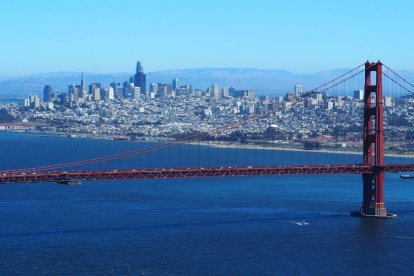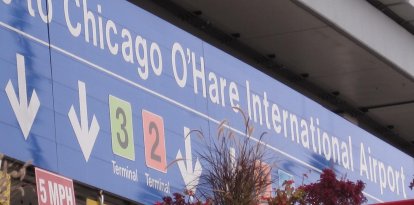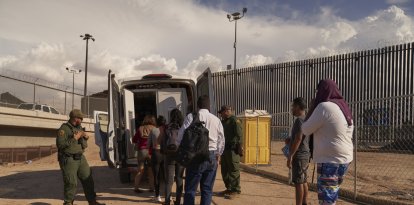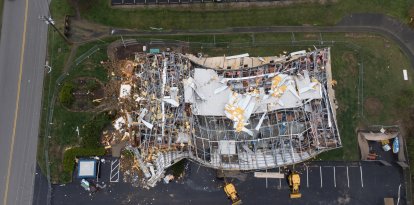San Francisco in decline: hotel industry suffering the consequences of Democratic policies
Hotels have seen a large decrease in revenue. The increase in crime, the drug crisis and the large number of homeless people has prevented tourists from visiting the city.

(Wikimedia Commons)
California's mass exodus of residents and businesses is spreading to more industries. The city's "once thriving" hospitality sector is currently suffering "its worst stretch in at least 15 years," according to an analysis by The Wall Street Journal.
Hotel chains are abandoning the city following a drop in revenues. This, in turn, is the result of the increase in crime, high prices and other conditions that have caused many tourists or people who used to travel to the city for work to stop doing so.
The drop in hotel occupancy
Due to low occupancy levels, San Francisco hotel revenues fell by almost 23% in April 2022 compared to the same month in 2019. In addition, the San Francisco Travel Association indicated that "overnight visits" to the city also showed a 31% decrease last year compared to 2019:
Michelle Russo, executive director of hotelAVE, noted that the hotel market is also greatly affected due to the reduction of business travel such as conventions or company presentations. Many companies have relocated their events to other cities such as Las Vegas because of the public safety issues the city presents:
More than 20 hotels with debt
More than 20 hotels have fallen into debt from loans that are due in the next two years. Park Hotels & Resorts is an example of this. The chain lost a total of $90 million between 2020 and 2022.
In recent months, the owners of two other hotels, the Huntington Hotel and Yotel San Francisco, were forced to sell their entire properties due to foreclosures. The president and CEO of the real estate investment trust stated:
San Francisco's exodus: crime, drugs and homelessness
Due to the high cost of living, rising crime, the drug crisis and lack of housing, San Francisco has suffered a population exodus in recent years.
The crime problem increased in 2020 when Mayor London Breed's administration reduced the budget for the San Francisco Police Department by nearly $120 million, even though homicides had increased 20% from 2019 to 2020. As a result of these policies, there was a massive increase in crime. In September 2022, nearly half of San Francisco residents claimed to have been victims of a crime in the past five years.
San Francisco has also become the "epicenter" of the nationwide drug crisis, according to an anti-drug activist. In the first two months of 2022, 131 people lost their lives as a result of overdoses.
Added to this is the large number of people living on the streets. San Francisco has about 860,000 inhabitants, of whom 19,086 were without a roof over their heads in 2020. The figure has been steadily increasing since 2016.
RECOMMENDATION





















